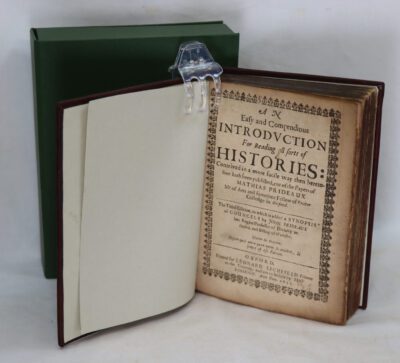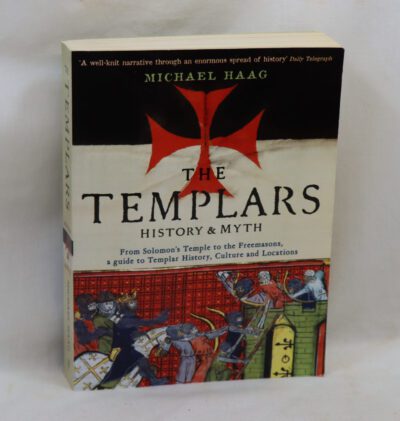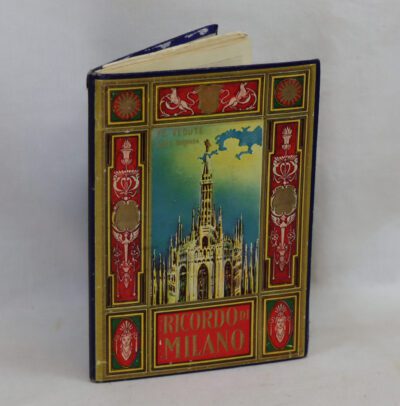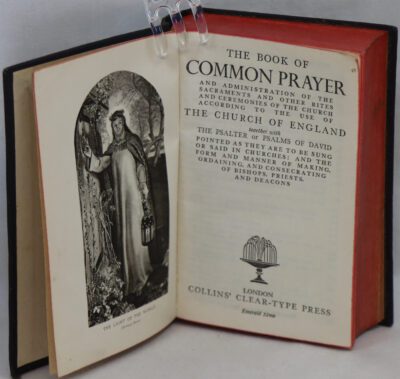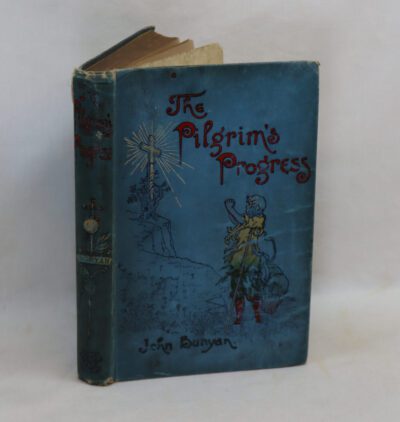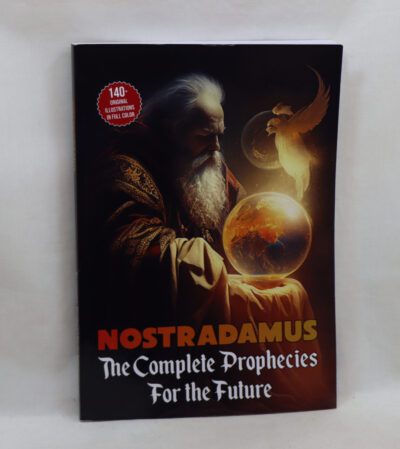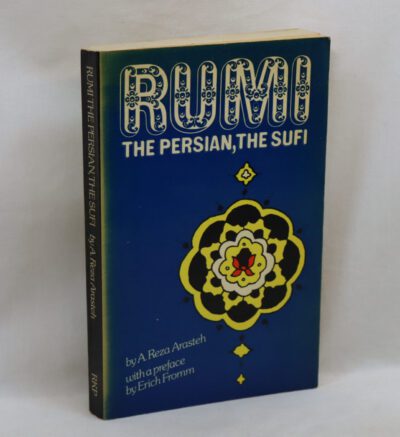Tales of the Elders of Ireland.
ISBN: 9780192839183
Printed: 2008
Publisher: Oxford World's Classics
Edition: Re-issue
| Dimensions | 13 × 20 × 3 cm |
|---|---|
| Language |
Language: English
Size (cminches): 13 x 20 x 3
Condition: As new (See explanation of ratings)
Your items
Item information
Description
Softback. Brown cover with warrior image and white title plate.
-
“‘Dear holy cleric,’ they said, ‘these old warriors tell you no more than a third of their stories, because their memories are faulty. Have these stories written down on poets’ tablets in refined language, so that the hearing of them will provide entertainment for the lords and commons of later times.’ The angels then left them.”
-
Tales of the Elders of Ireland is the first complete translation of the late Middle Irish Acallam na Senórach, the largest literary text surviving from twelfth-century Ireland. It contains the earliest and most comprehensive collection of Fenian stories and poetry, intermingling the contemporary Christian world of Saint Patrick, with his scribes, clerics, occasional angels and souls rescued from Hell, the earlier pagan world of the ancient, giant Fenians and Irish kings, and the parallel, timeless Otherworld, peopled by ever-young, shape-shifting fairies. It also provides the most extensive account available of the inhabitants of the Irish Otherworld – their music and magic, their internecine wars and their malice toward, and infatuation with, humankind – themes still featured in the story-telling of present-day Ireland.
-
This readable and flowing new translation is based on existing manuscript sources and is richly annotated, complete with an Introduction discussing the place of the Acallam in Irish tradition and the impact of the Fenian or Ossianic tradition on English and European literature.
-
ABOUT THE SERIES: For over 100 years Oxford World’s Classics has made available the widest range of literature from around the globe. Each affordable volume reflects Oxford’s commitment to scholarship, providing the most accurate text plus a wealth of other valuable features, including expert introductions by leading authorities, helpful notes to clarify the text, up-to-date bibliographies for further study, and much more.
-
REVIEW: I was reminded about the existence of the Acallam na Senorach (Tales of the Elders) by a comment made by Eavan Boland in her ‘Object lessons.’ Reading it took me back to literary explorations into a much different world than the present one; the world of myth and saga; where the Bard was the memory of the tribe; and where honour was sacrosanct. This, one might say, is the Celtic equivalent of the world of Homer. Narrative was verse. Wisdom may be anything from the gnomic to the practical: ‘Do not beat your hound without cause, nor libel your wife without proof,’ ‘Do not mock the holy man, nor be involved in quarrels; keep well away from these two, the witch and the evil man.’ ‘Do not frequent ale houses, nor be unkind to an old man; Listen to words of good counsel, have no truck with the rabble.’…
-
Three worlds interact in this collection; the world of the Fenian perhaps made famous in the Tain; the world of the Otherworld, of the Tuatha de Danaan; and the world of Patrician hagiography. The narrators are (St.) Patrick, but his guide is an amazing character called Cailte, and they tour Ireland. Thus, in being a gazetteer of place names in Ireland, place being interminably linked to its history. The original collection is probably 13th.c., about the time that the Welsh and English started getting interested in the 5th.c. Arthur, but it clearly, like the Mabinogian of Welsh fame, goes back possibly to the 5th.c., and may be further. There are new translations of the Tain by Faber (Matthew Francis), and Carson, but the potential Welsh equivalent, ‘The Tales of the Princes’ is only available as an expensive academic publication.
-
Do not expect a conventional narrative, and do not try to work things out, there is so much Irish in this it is a delight of story telling. The idea of suspending disbelief does not even come into it, and the picture we get of Patrick is refreshingly uncatholic, and for a Welshman, very Irish. There is a pronunciation guide appended (Irish Gaelic is much closer to Scottish Gaelic, than it is to the equally Celtic Welsh language), and a chronology of the Fenian tales. And this stylistically is so much better than Lady Gregory, who should have taken a leaf out of Lady Charlotte Guest’s book!
Want to know more about this item?

Share this Page with a friend



